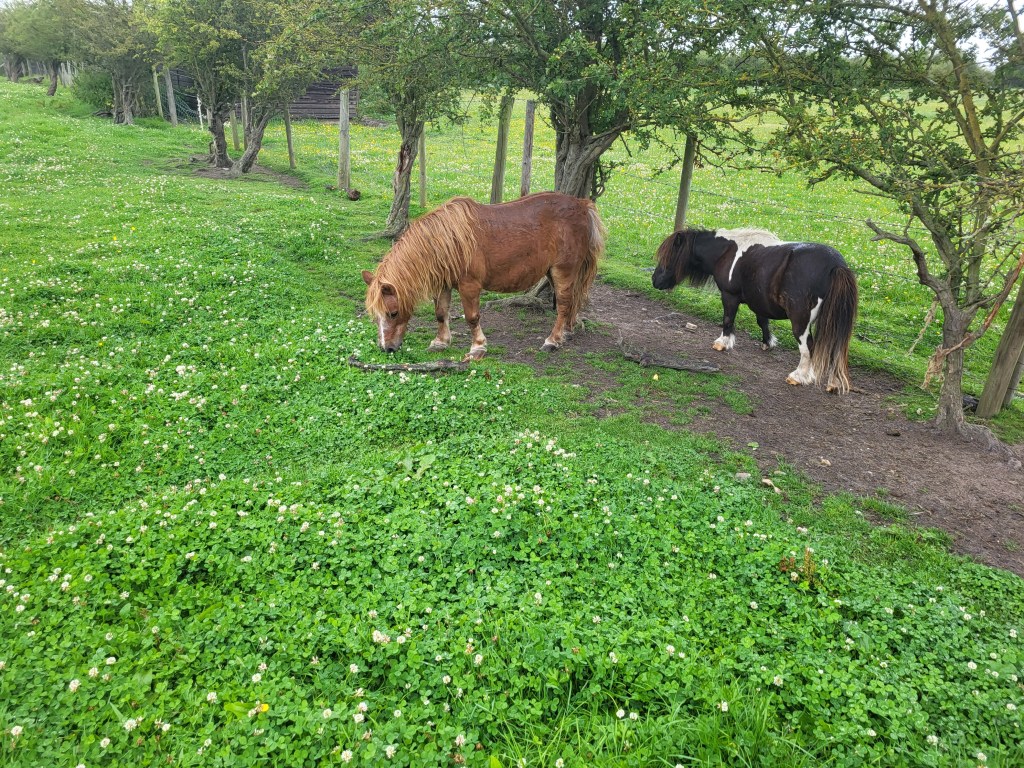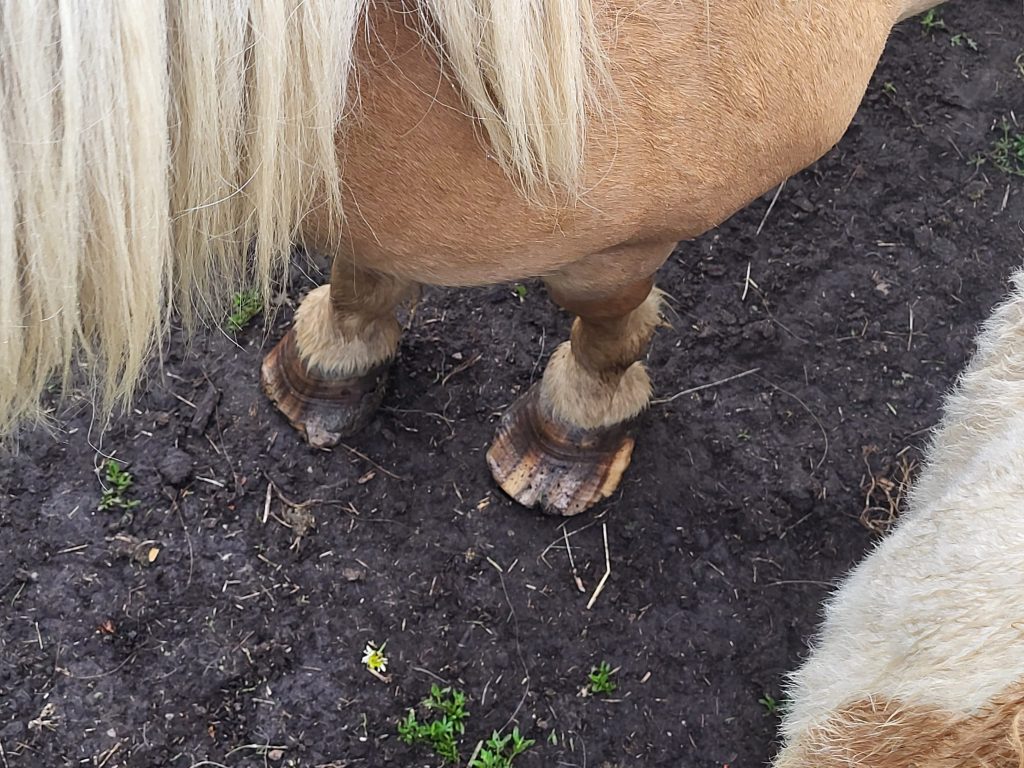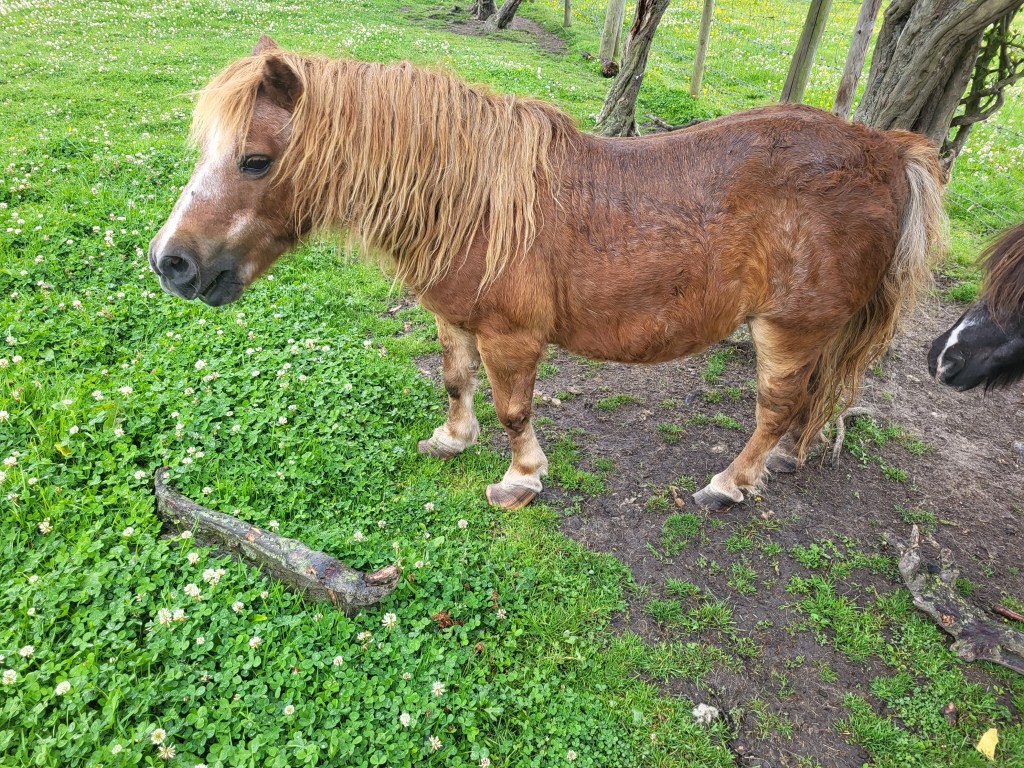Miniature Shetland ponies have been found suffering in “excruciating pain” in a welfare operation involving World Horse Welfare and the RSPCA. The two charities responded to a call from a concerned member of the public and found 19 Shetland ponies in varying states of neglect.
Their owner was sentenced on 28 May by the Crown Court, with an immediate custodial sentence of 12 months and given a lifetime ban on keeping all animals, with no application for the ban to be lifted for 12 years. World Horse Welfare Field Officer, Sarah Tucker, was involved in the rescue and shared her satisfaction at the sentencing.

“I am absolutely delighted to see the increased sentencing guidelines for animal cruelty that we successfully campaigned for, being used to good effect,” she said. “We hope that we see more uses of lifetime bans in future cases.
“The defendant had a veneer of respectability within the showing world with two of her ponies well-looked after and in show condition, but she allowed the others to suffer in such a dreadful way, despite having received a previous caution for identical offences. So many of this group of Shetlands were suffering with laminitis and the owner will now see the consequences of allowing this to happen.”
When they were found most of the ponies were overweight, many had overgrown hooves, and a number showed signs of extreme laminitis. The severity of neglect resulted in six of the ponies needing to be put down on site due to the pain and suffering caused by chronic laminitis and two more were later put to sleep due to ongoing health issues.

Adam Cummins, Farm Manager at Penny Farm, described the situation,
“Ponies grazing endless, lush grass may seem idyllic, but the reality is very different,” he said. “Allowed to breed unchecked, and with uncontrolled grazing, the ever-growing herd suffered horrendously with a number of conditions, and laminitis was rife.
“It has been a long road with the surviving ponies, it takes us longer to turn around an overweight pony than one that is underweight. The number that didn’t make it shows just how devastating laminitis can be.”

Each horse in the care of World Horse Welfare costs the charity in the region of £5,000 per year. The team at the charity’s Penny Farm has successfully rehabilitated the remaining ponies, including Bert, who was a tiny foal when he and his mother Lacey arrived at the centre.
“One of the best parts of my job is seeing horses thriving after the pitiful state they are in when we rescue them and knowing that they will be rehomed into loving, safe, homes for the rest of their lives,” said Sarah.
“Sadly, this is another case showing one of the outcomes of uncontrolled breeding. Our ‘Do you need to breed?’ campaign highlights how even breeding one foal needs careful consideration.”
To find out more about rehoming a World Horse Welfare horse or pony, click here.









